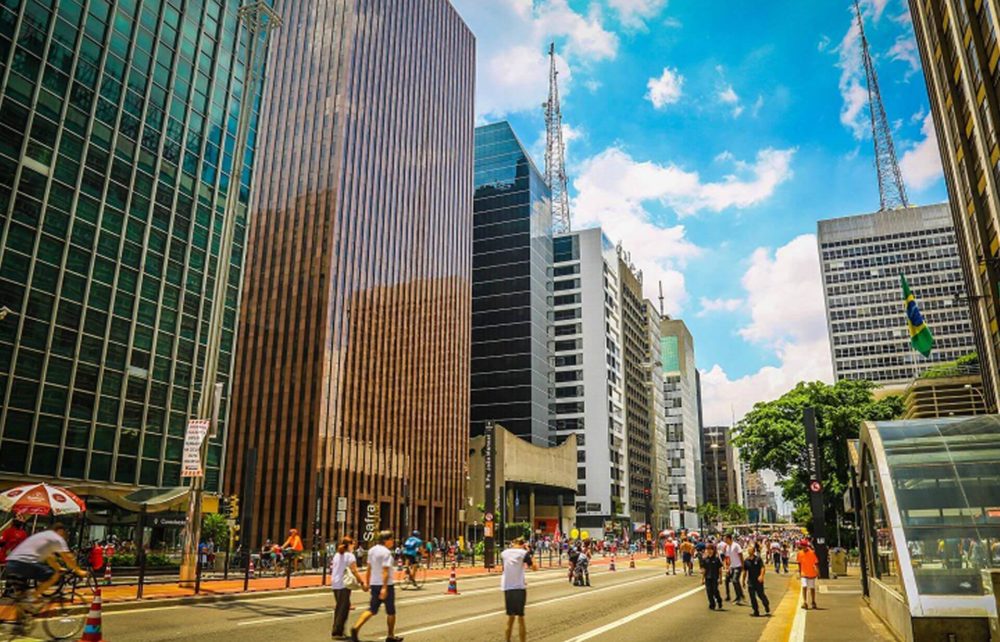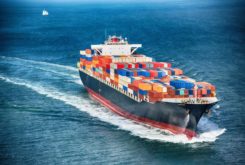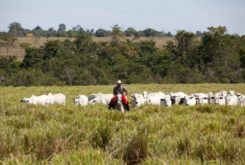Brazil is one of the Group of 20 major economies (G-20), facing a more difficult economic recovery, according to Verisk Maplecroft’s Recovery Capacity Index.
The newly-released index measures more than a dozen factors which either underpin or undermine a recovery from a crisis, including Covid-19 caseloads, but also underlying governance issues and weaker institutions, in Brazil´s case identified as impediments to long-term emergence from the crisis.
The Western European and East Asian G-20 nations, which suffered the worst initial hit from the pandemic now have the foundations in place to recover and scored on average 40% higher across the index than their emerging market counterparts.
Brazil, India and South Africa, which cumulatively represent more than 10% of global GDP (gross domestic product) and 20% of the world’s population, are projected to see their economies contract by an average of 7% in 2020, according to the IMF.
Institutional weaknesses, notably higher levels of corruption, were identified as the key factors separating poorer G-20 members from their more affluent counterparts.
“South Africa, India and Brazil each score as ‘high’ risk for corruption in our dataset, with Russia, Mexico and Indonesia falling into or near the ‘extreme’ risk category,” Verisk Maplecroft Principal Financial Sector Risk Analyst David Wille said in the report.
“Corrupt, ineffective and unstable governments will be limited in their ability to direct funding to where it is most needed, failing to revive the economy even after the immediate crisis is dealt with.”
Population sensitivity also reduces a country’s ability to handle shocks, and Brazil, India and South Africa were among the bottom performers, combining higher levels of poverty with lower “human capital.”
Other man-made or natural challenges faced by particular nations alongside the pandemic and economic considerations were also accounted for. In the case of Brazil, India and South Africa, Verisk analysts said disruption from civil unrest represents the largest compounding risk factor.
In general, more affluent members of the G-20 bloc have been able to implement strict lockdown measures and effective testing and tracing regimes, combined with higher levels of fiscal flexibility to support citizens as economies fell stagnant.
Unsuccessful state level lockdowns in Brazil and the ensuing backlash mean Verisk analysts expect governors to keep their economies open through the brunt of the crisis, exacerbating the human and economic tolls in the long run.
These factors also contribute to Brazil receiving the highest risk rating of the three countries for civil unrest over the next six months in Verisk’s datasets, combined with popular outrage over government corruption allegations. South Africa and India also score around the “extreme” risk rating for civil unrest potential.
“These compounding factors will exacerbate pre-existing socioeconomic issues, rising unemployment and unsatisfactory government responses to the pandemic,” said Wille.
“This creates higher levels of uncertainty for investors, and large-scale civil unrest has the potential to derail even the strongest of economic recoveries.”




